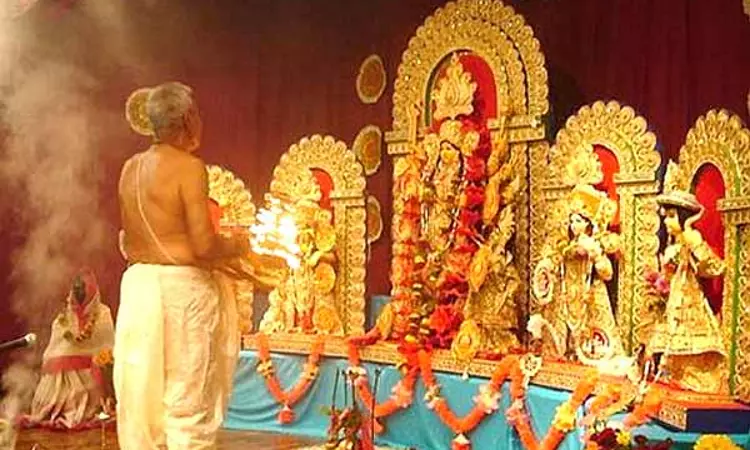Explainer : Rights Of A 'Shebait' In Property Dedicated To Deity
Kratika Indurkhya
14 Sept 2019 10:00 AM IST

Next Story
14 Sept 2019 10:00 AM IST
Who is a Shebait?A Shebait is one who serves and sustains the deity in the capacity of a manager of the debuttar property ( property vested with the deity).The property of the temple is regarded as vesting with the deity. However, it is in an ideal sense that the dedicated property vests in an idol, and in the nature of things, the possession and management of it must be entrusted to some...
